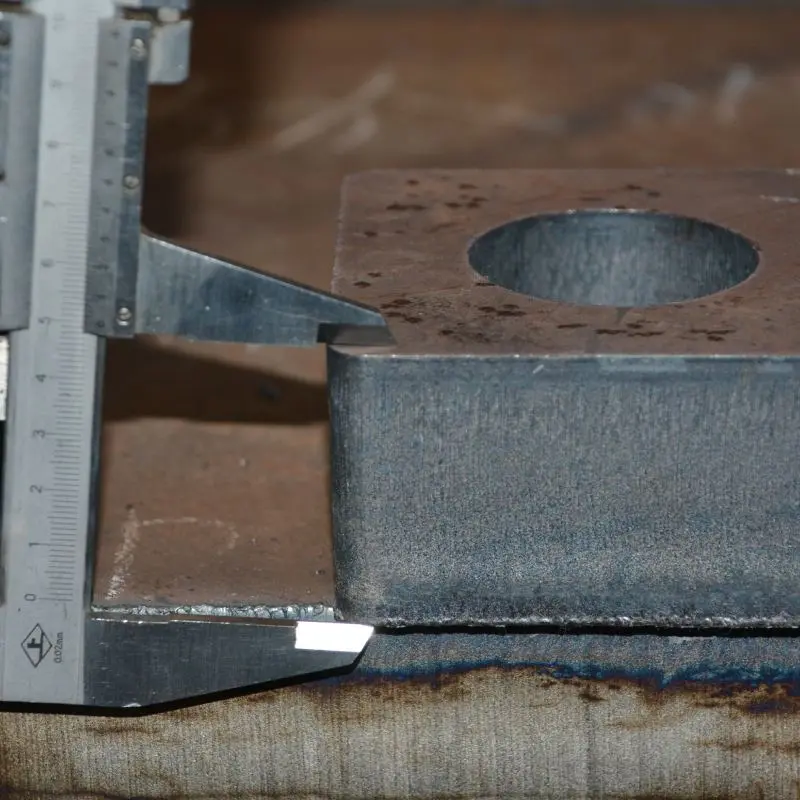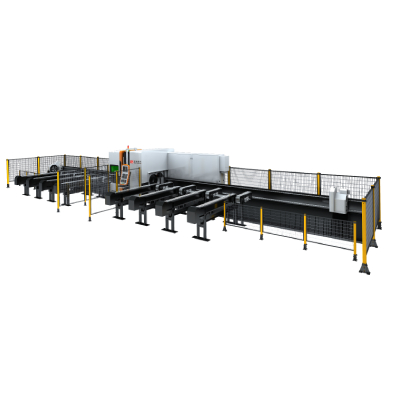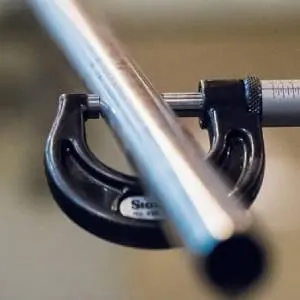
Understanding the Importance and Advantages of Precision Laser Cutting Machines in Modern Manufacturing Processes
****

Understanding the Importance and Advantages of Precision Laser Cutting Machines in Modern Manufacturing Processes

Understanding the Importance and Advantages of Precision Laser Cutting Machines in Modern Manufacturing Processes
In the current era of advanced manufacturing, the significance of Precision Laser Cutting Machines cannot be overstated. With industries constantly seeking enhanced efficiency, precision, and versatility, laser cutting technology has rapidly gained ground as a preferred method for material processing. This article delves into the essential characteristics of precision laser cutting machines, their advantages, applications across various industries, and the future landscape of laser cutting technology.
At its core, a precision laser cutting machine utilizes a focused beam of light to cut and etch materials with extraordinary accuracy. This technology can work with a broad range of materials such as metals, plastics, wood, glass, and fabric, making it a versatile solution for various manufacturing needs. The fundamental operation involves directing a high-powered laser beam onto the material surface, causing it to either melt or vaporize, thus creating precise cuts without the need for mechanical contact.
One of the paramount advantages of using precision laser cutting machines is the level of precision they offer. The cutting process is facilitated through numerical control (CNC), which ensures that the cuts conform to intricate designs and exact specifications. This level of precision is exerted through the utilization of advanced software that allows designers and engineers to create detailed CAD drawings, which the laser cutting machines can interpret seamlessly. Cutting within tolerances of micrometers makes laser cutting ideal for industries demanding high-quality and exact components, such as aerospace, automotive, electronics, and medical device manufacturing.
In addition to precision, the speed of operation is another significant benefit that precision laser cutting machines provide. Traditional cutting methods can be time-consuming and labor-intensive. In contrast, laser cutting machines can operate at remarkably higher speeds, significantly reducing manufacturing lead times. This efficiency not only enhances productivity but also allows companies to respond more swiftly to market demands and customization requests.
Moreover, precision laser cutting machines are renowned for their minimal material wastage. The focused nature of the laser beam allows for exceptionally narrow cuts, which ensures that material utilization is maximized. This not only contributes to cost savings but also promotes sustainable manufacturing practices by reducing the amount of scrap generated during the cutting process.
The adaptability of precision laser cutting technology is also a key factor in its growing popularity in various sectors. Whether a company needs to cut intricate shapes from metal sheets in automotive production or create customized designs on wood for furniture manufacturing, laser cutting machines can easily accommodate these diverse needs. The capability to handle different materials, thicknesses, and complexities makes these machines a valuable asset across industries.
In the realm of artistic applications, precision laser cutting machines have also carved a niche. Artists and designers utilize laser cutting to create unique art pieces, detailed signage, and intricate decorative items. The ability to cut through non-traditional materials, including paper and textiles, opens up endless possibilities for creative expression while maintaining an unparalleled level of accuracy.
As we look to the future, advancements in technology continue to enhance the capabilities of precision laser cutting machines. Innovations such as fiber laser technology have increased cutting speeds and expanded the range of materials that can be processed. Automation and integration with Industry 4.0 principles further streamline operations, enabling factories to embrace smart manufacturing practices. With the growing trend of customization and on-demand production, precision laser cutting machines are poised to remain at the forefront of industrial manufacturing.
In conclusion, precision laser cutting machines represent an evolution in manufacturing, providing extraordinary advantages in terms of accuracy, speed, versatility, and sustainability. As industries continue to evolve and demand higher quality standards, the role of laser cutting technology will only become more crucial. Investing in precision laser cutting capabilities is not just a strategic decision for manufacturers; it is a step toward securing a competitive edge in a rapidly changing marketplace. Embracing this technology paves the way for greater innovation and future growth, making it indispensable in the modern manufacturing landscape. Cutting Steel Machine
